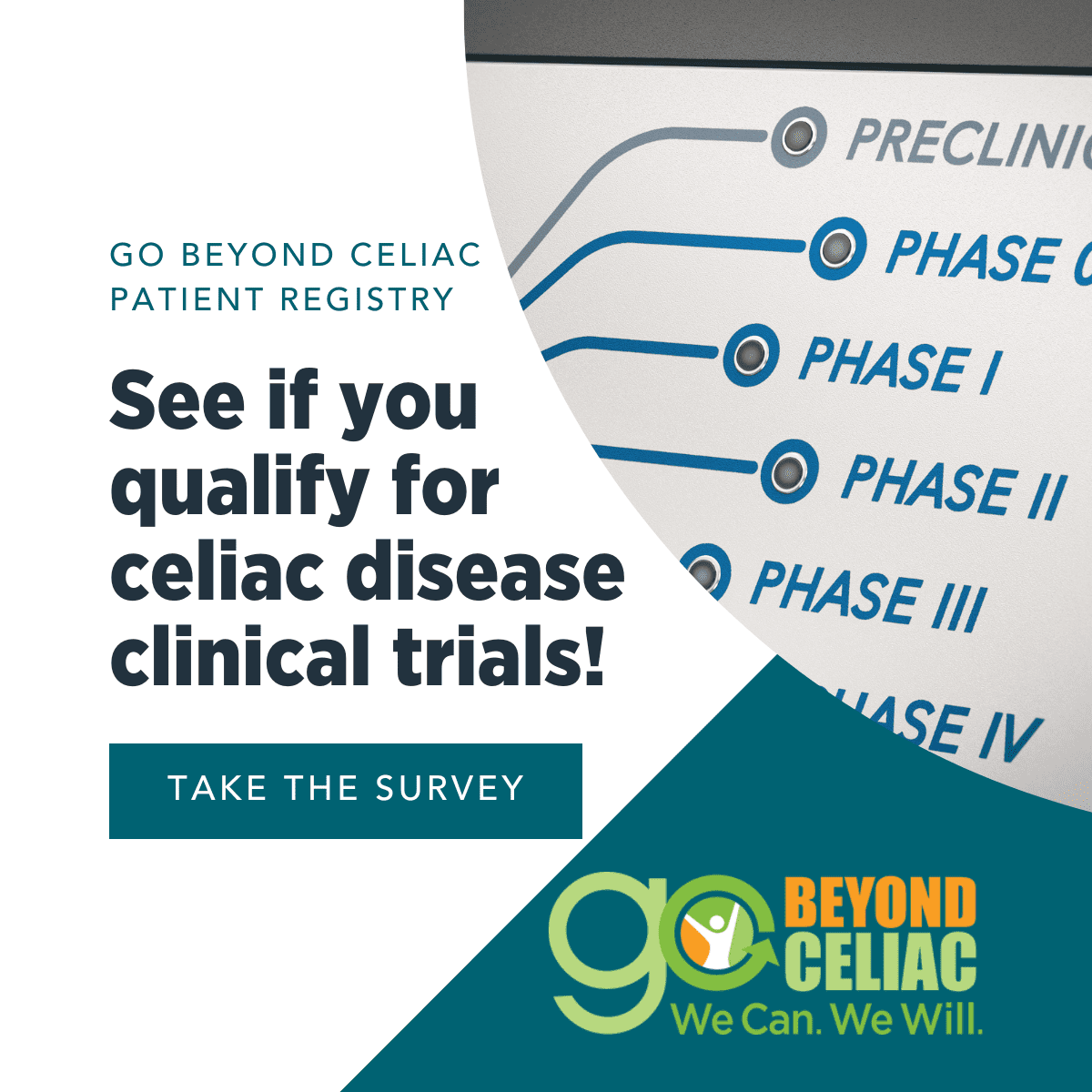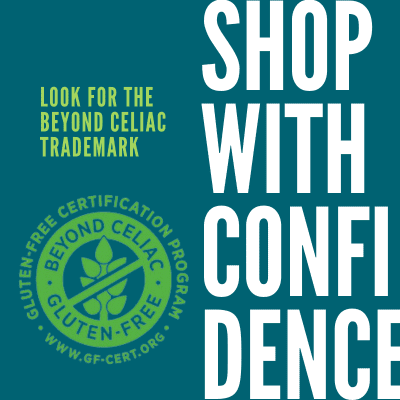09/01/2017
COLUMNS
Note from Alice
Go Beyond Celiac
HEALTH/WELLNESS
FOOD/LIFESTYLE
Celiac Straight Talk
Listen to the latest podcast episode
NEWS & UPDATES
Note from Alice: Go Beyond Celiac

This is a very exciting month for Beyond Celiac since we’ve just launched a project we’ve all being working tirelessly on for quite some time. On September 5, we officially opened the “doors” to Go Beyond Celiac, our online celiac disease community and registry!
Go Beyond Celiac is an online community created by people with celiac disease, for people with celiac disease. It’s a place where you can share your story, learn from others and compare your experiences to theirs. You can communicate with each other and with doctors, other healthcare providers and scientists studying celiac disease. Together, we will all learn. And in learning, we can find a cure.
Your participation in Go Beyond Celiac will drive research that leads to a better understanding of how celiac disease develops. Information gathered on Go Beyond Celiac will help the medical community diagnose celiac disease more quickly and improve the diagnosis experience for patients. Most importantly, participation in Go Beyond Celiac will help lead to the development of treatments used with and in place of the gluten-free diet.
Let me share an example of the way your input can lead to new understanding of the way celiac disease affects patients. Fifteen years ago, it was not well understood that when we get “glutened,” we can immediately experience symptoms. At Beyond Celiac we were hearing from people who complained about tingling skin or headaches as first symptoms of gluten exposure. But this wasn’t information being broadly shared with the medical community until we sent out questionaires and collected this type of information. Answers provided by patients helped researchers and the Food and Drug Administration (FDA) understand that while some don’t have any symptoms for a day or so after gluten exposure, others feel the effects immediately.
Right now we need to send a clear message about the intense anxiety we all feel when eating out in restaurants and while traveling. With your help, Go Beyond Celiac can pull together data on this important issue, and others, and share it with healthcare providers, researchers and the FDA. Across the healthcare field, patient’s stories are shaping what researchers study and how they study it. If we don’t share information NOW, we will not make progress as quickly as we need to.
Why is this all so exciting? Because knowledge is power. This is your chance to become a true activist, to get to know others who also want to create change and to play a role in advancing research that helps everyone affected by celiac disease.
We clearly need more research. For 65 years the only option for those with celiac disease has been to completely avoid gluten forever. No additional therapies or options have been developed. Imagine a world in which high cholesterol was managed by diet alone, and you’ll begin to understand how neglected celiac disease has been. Worse, recent research shows that for many with celiac disease, the gluten-free diet alone is not enough. Up to one-third of people with celiac disease continue to experience intestinal damage caused by the body’s immune response to gluten despite trying to adhere to a gluten-free diet. We need more options and we need more answers. We need to push the conversation, and make it go beyond just the gluten-free diet. We need to advocate for treatment options, and yes, eventually a cure, for this serious genetic autoimmune disease. Go Beyond Celiac is your chance to do just that.
With the power of your voice, Go Beyond Celiac is shaping a new model to engage those affected by the disease in research. Go Beyond Celiac connects you with researchers to make sure your needs are heard.
Our vision is a world in which people with celiac disease can live healthy lives with freedom from social stigma and fear of gluten exposure – a world Beyond Celiac. Join us by participating in Go Beyond Celiac, to help make this vision a reality.
To living life Beyond Celiac,
Alice Bast
Beyond Celiac CEO
Gluten-Free Cooking with Oonagh

Got tons of tomatoes? Here’s a delicious gluten-free way to use them!
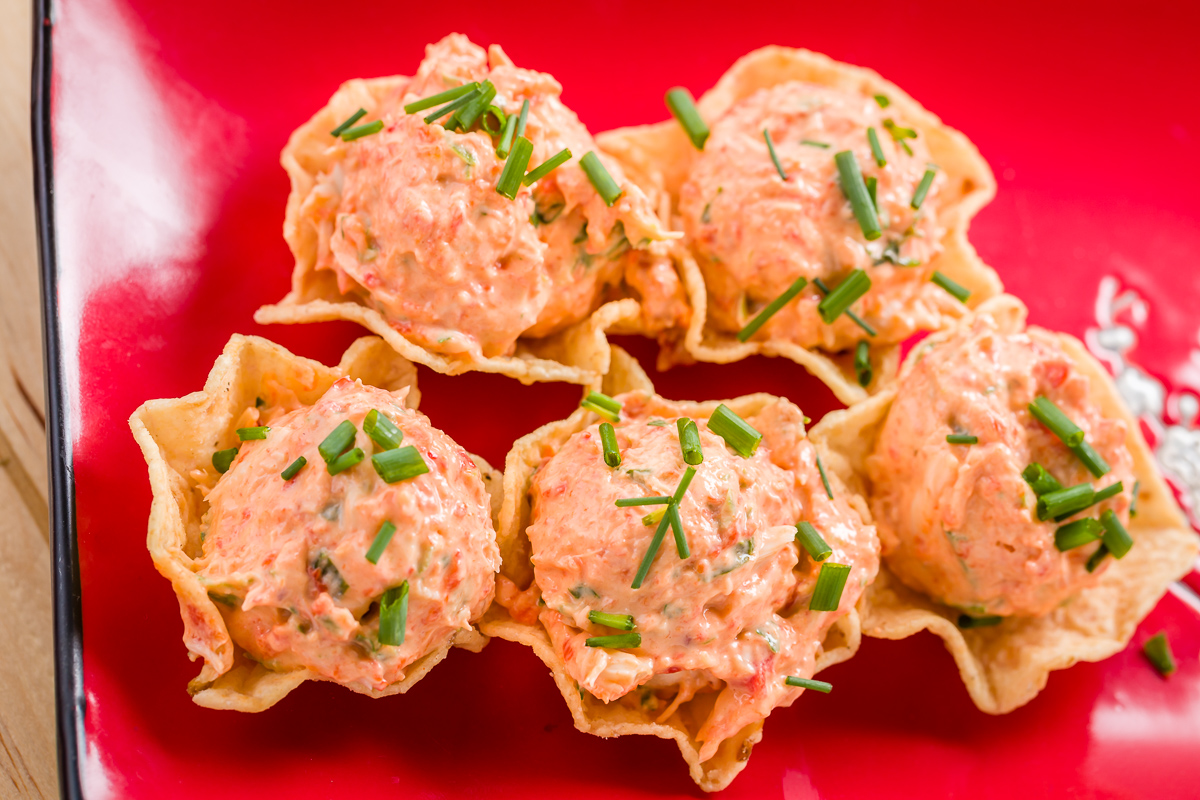
G
luten-Free
Sweet & Spicy Crab and Red Pepper Dip
Sweet, spicy, and totally gluten-free!
About Chef Oonagh Williams
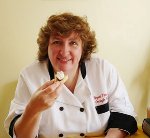
British born Chef Oonagh Williams holds a culinary arts degree and spends her time cooking, writing, speaking, and educating the public on gluten-free and allergy-free diets. She herself has celiac disease along with other food allergies. When not writing or speaking nationally on food, she teaches cooking classes, hosts dinner parties, and offers one-on-one help. Locally, she teaches healthier food cooking classes including vegetarian cooking for everyone, as most real food is naturally gluten-free and free of many other allergens. Chef Oonagh had the honor of being a speaker at the Boston Celiac Symposium, alongside top doctors from Beth Israel, Mass General, and Harvard Medical School.
Buy herDelicious Gluten-Free Cooking e-book, over 200 pages, full color photos, only $20;
like her Facebook page, Gluten-Free Cooking with Oonagh, where she posts recipes, links to her appearances, and gluten-free products she’s discovered; and connect with her on Skype for help in following a food allergy diet.
You’re No More Likely to Be Depressed than Others If You Have Celiac Disease
By Amy Ratner, Medical and Science News Analyst
 People with celiac disease are no more likely to be depressed or have sleep difficulty than the general population, a new study based on a large national health survey has found.
People with celiac disease are no more likely to be depressed or have sleep difficulty than the general population, a new study based on a large national health survey has found.
Meanwhile, those who follow the gluten-free diet but have not been diagnosed with celiac disease were less likely to be depressed than controls, the study published in the European Journal of Gastroenterology and Hepatologyshowed.
Experts Weigh in On Need for Biopsy to Diagnose Celiac Disease
By Amy Ratner, Medical and Science News Analyst
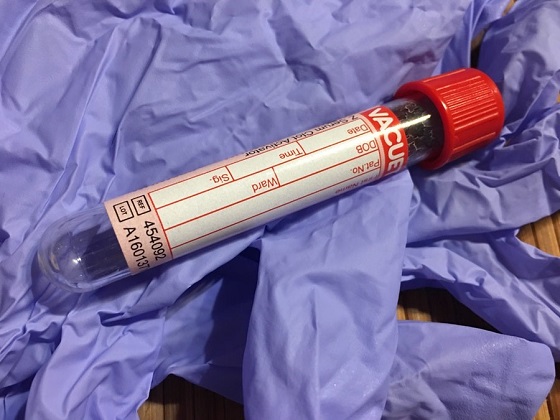 The role of a biopsy in diagnosis of celiac disease remains a controversial topic, with experts reacting both in favor of and against a large international study’s conclusion that the biopsy is not always needed to determine whether children have celiac disease.
The role of a biopsy in diagnosis of celiac disease remains a controversial topic, with experts reacting both in favor of and against a large international study’s conclusion that the biopsy is not always needed to determine whether children have celiac disease.
Those most opposed to moving away from the biopsy as the gold standard for diagnosis are gastroenterologists who treat patients with celiac disease that do not respond to the gluten-free diet. But others who have studied use of the biopsy maintained that celiac disease can be safely diagnosed in some patients, including adults, without it.
Allergic LivingSneak Peak: Keeping Your Costs in Line on a Gluten-Free Diet
By Alice Bast
 Living with celiac disease is expensive. With the doctors’ visits, missing of work after being glutened, and buying of gluten-free foods, those of us with celiac disease shell out thousands a year on keeping ourselves healthy. Despite this, it’s not impossible to keep our personal costs down while doing what’s best for our physical and emotional well-being…
Living with celiac disease is expensive. With the doctors’ visits, missing of work after being glutened, and buying of gluten-free foods, those of us with celiac disease shell out thousands a year on keeping ourselves healthy. Despite this, it’s not impossible to keep our personal costs down while doing what’s best for our physical and emotional well-being…
Photo credit: Allergic Living
Listen to Episode 3 of Celiac Straight Talk
.jpg)
Patients Managing the Disease on their Own
Research shows celiac disease patients are on their own when it comes to care. Most people who get diagnosed with celiac disease don’t go back to their doctor for follow up care, shows a study done by Beyond Celiac and researchers from Columbia and Vanderbilt universities. Patients manage the diet and deal with whatever symptoms they suffer on their own. But what are the consequences?
What’s Hot
- The Bold Beyond Symposium, the premier event for celiac research! Join us in person or via webcast.
- Back to School Cookbook, a free Beyond Celiac gluten-free e-cookbook.
- Gluten-Free Dorm Hacks & Tips, a helpful infographic highlighting ways to stay safely gluten-free in college.
- Help Stop Labeling Violations under the Gluten-Free Rule, Gluten Free Watchdog’s citizen petition to the FDA.
- The Celiac Project, Episode 86, Cam and Mike interview Alice about the launch of Go Beyond Celiac.






